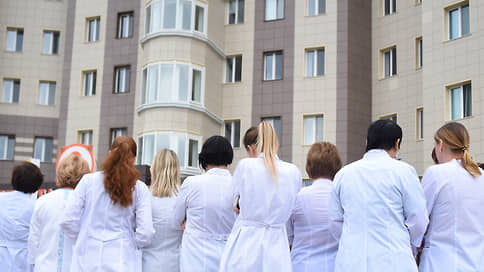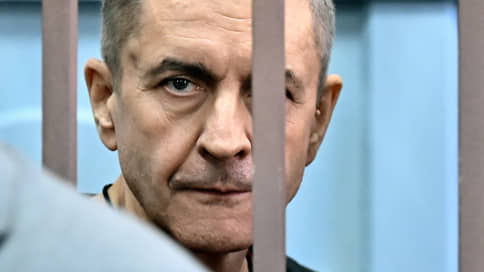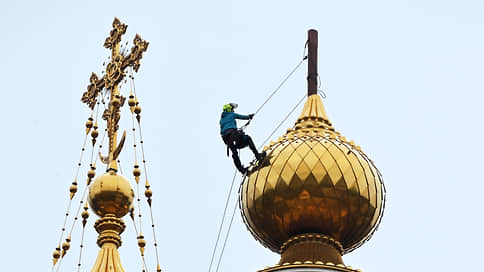The Ministry of Health allowed paramedics and midwives to perform the functions of doctors

Parameders in medical offices will be able to perform the functions of obstetrician-gynecologists, taking birth and prescribing medicines to patients. Such an opportunity is laid down in the new order of the Ministry of Health, which will enter into force on September 1. The head of the medical organization will be able to delegate the powers of paramedics with a lack of specialized specialists with higher medical education. New rules are developed in connection with a shortage of doctors, the expert believes. According to the Ministry of Health, today more than 23 thousand specialists of various profiles are not enough in the healthcare system.
The Ministry of Health approved an order allowing the head of a medical organization (for example, hospitals or clinics) to assign part of the functions of a doctor on a paramedic or midwife when providing primary health care and ambulance. A document published on April 14 on Pravo.gov.ruwill enter into force on September 1 of the current year instead of the order of a similar content in 2012.
As before, the functions of the attending physician will be able to take over the paramedic or obstetrician “in case of uncomplexity or insufficient staffing” by pediatricians, therapists, general practitioners, family doctors.
The key innovation of the new order is the possibility of performing the functions of a doctor-an obstetrician-gynecologist with a paramedic or midwife if such a specialist is absent in the medical institution.
We are talking about paramedics working in health posts (medical centers at industrial enterprises, in institutions to provide pre-medical or first aid), feldsher-obstetric centers, medical outpatient clinics and clinics.
The draft order in February was held by public discussion on regulation.gov.ru. In the explanatory note to the project, the Ministry of Health wrote that the order is updated « in connection with the need to update its individual provisions. » The materials said that the paramedic, performing the functions of a doctor, will be able, if necessary, to directly provide medical care to the patient during the observation of him and his treatment, as well as prescribing drugs, including narcotic and psychotropic drugs.
The chairman of the Feldsher.ru trade union Dmitry Belyakov believes that the innovations of the Ministry of Health are explained by the general shortage of personnel in medicine. “If earlier there were special obstetric brigades in the ambulance, now ordinary brigades are being brought by all women in labor, also, as a rule, consisting of one paramedic. And you can imagine what to take the birth in the car? » – says Mr. Belyakov. In his opinion, experts with secondary medical education, if necessary, could cope with individual medical tasks, but the loads on the feldsers are already “prohibitive”, so people leave the profession.
Larisa Popovich, director of the Institute of Health of the Higher School of Health of the Higher School of Health, explains that the competencies of the paramedic are determined by professional standards, but the head of the medical institution, under his responsibility, may impose on this specialist part of the responsibilities that go beyond the boundaries of the professional station, if he considers that he can cope with them.
“In any case, this is better than the lack of qualified assistance. Yes, and an experienced paramedic can often give odds to an inexperienced specialist doctor, ”says Ms. Popovich.
Last year, the first vice-president of the Russian Society of Obstetro-Gynecologists, Director of the NMIC of Obstetrics and Gynecology named after V. I. Kulakova Gennady Sukhikh cited data according to which more than 3.6 thousand gynecologists in the outpatient service and more than 1.73 thousand bets of neonatologists remain vacant in state medical organizations. Although 100% of budget places in the clinical residency of obstetrics and gynecology are targeted, 15–35% of graduates do not fulfill obligations under contracts – this is, according to Gennady Sukhihi, the cause of personnel problems.
Last year, the shortage of doctors in Russia was 23.2 thousand people, 63 thousand people were of the average medical staff. The head of the Ministry of Health, Mikhail Murashko, stated this on March 5 during the « government hour » in the State Duma dedicated to the issues of personnel support of medical and educational organizations. The deputy chairman of the Accounts Chamber Galina Izotova said that the shortage of the average medical staff is 75 thousand people.








